David Attenborough’s Extinction: The Facts – worth a watch??
If you’re not really into animal documentaries, that isn’t what this is. It’s not like Blue Planet, with scenes of baby whales suffocating on plastic and other heart wrenching scenes. It’s a factual roundup of the state of the Earth. It lists the impact that we as a species have had on our planet. And if you are someone who is not upset by the thought of distant species you will never see (and that therefore has no effect on you) going extinct then you REALLY need to watch this (or at least carry on reading). I get it, we all have other issues in our own lives that seem far more pressing and immediate!
Now, we’ve reached the next stage. We’ve destroyed so many of the natural ecosystems of the planet, that we’re starting to affect our own ability to continue to survive in the way we do now as a species.
That’s right. Thinking that the natural world does not affect us because we live in a city miles away from the rainforests is no longer valid. It’s where our food is grown, where diseases like Covid start, where our air and water is cleaned, it’s important for controlling the climate and where a lot of our resources come from. Everything is linked.
Here’s the thing: these viruses come from animals. Animals have a whole load of viruses and diseases that we don’t normally come into contact with. Fact. The ones that end up transmitting it or carrying the virus are usually the small ones like bats, rodents etc. Normally these animals are kept under control by predators. But we’re increasingly killing off the larger mammals and birds so they proliferate. We are also moving further into natural lands, causing more and more contact with these animals. So there are more opportunities to ‘jump’ species.
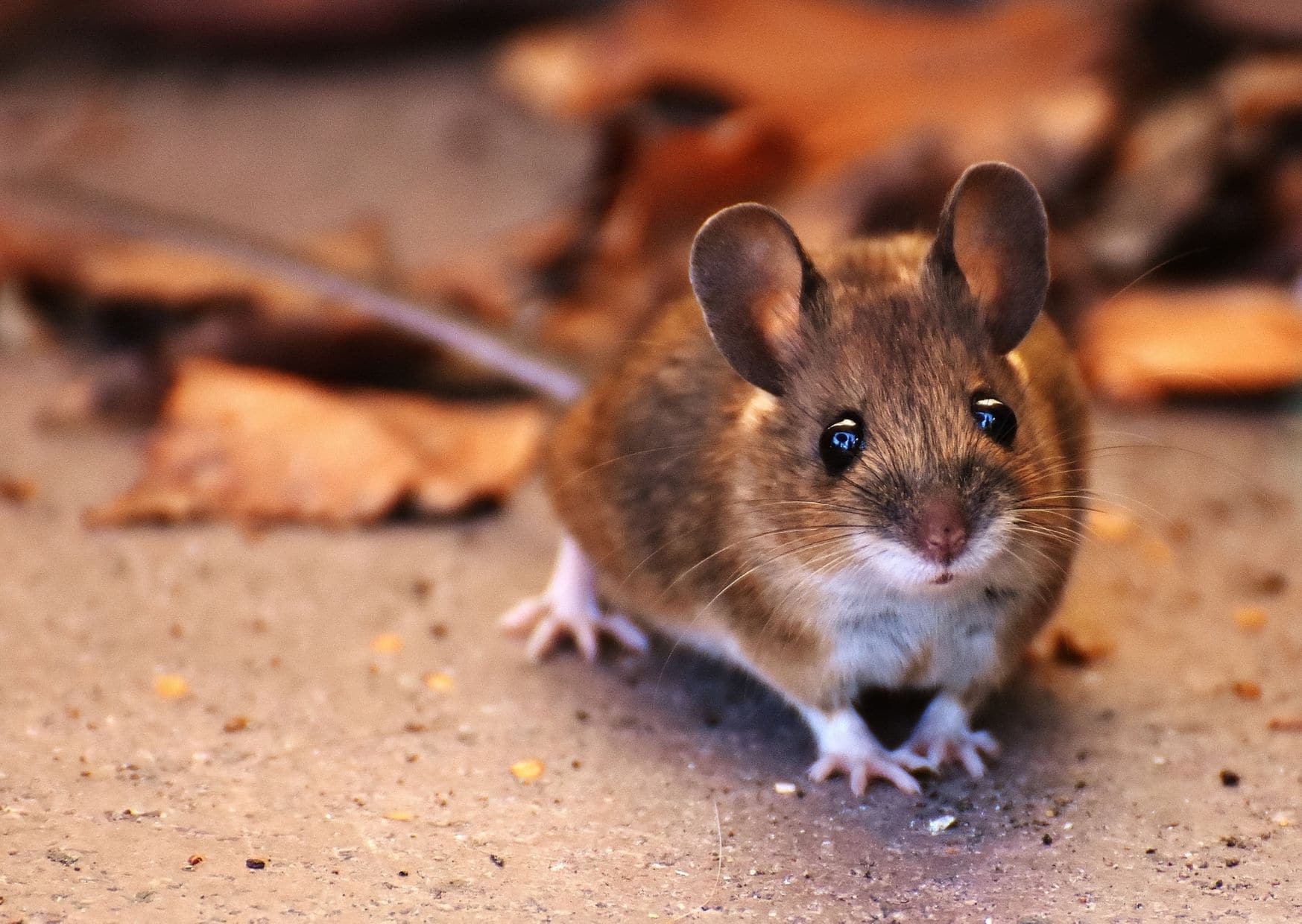
Yes, extinction is natural, and yes, there have been massive mass extinction events before. But we should remember that these were the result of earth’s natural processes (except the meteorite!), and that the world after these events was a pretty horrific place. Yes, nature will always recover once that extinction force has gone, but it takes time on a scale we can hardly imagine, and the extinction pressure is not likely to lift if we as a species do not change.
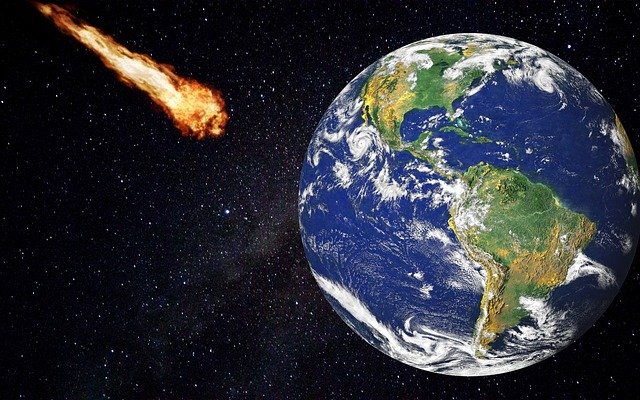
It’s also important to realise that often, these extinction events, whilst massively destructive in the amount of species removed (sometimes 75-90% of species!), usually affect a certain area. For example, when the ice caps formed, locking up the water and lowering sea levels, massively huge amounts of marine life went extinct. BUT on land, there were tremendous opportunities for new life to proliferate. That opportunity does not exist with the current situation.
ALL groups in the natural world are in decline. Let’s look at some of the stats from the documentary:
- Large mammals have been driven from 75% of their home ranges.
- Since 1500, 570 plant and 700 animal species have gone extinct.
- The extinction rate is now 100x faster than the natural evolutionary rate (outside of mass extinction events) and it’s increasing at an exponential rate.
- 25% of all plant species are threatened.
- We have lost 90% of wetlands.
- 75% of land not covered by ice has been converted to feed or house us.
We are fed this idea that there are massive wilderness areas all over the globe, but the reality is, there are few left. This was really evident to me when I went to New Zealand last year. Yes, I believed the movies and expected vast areas of mountains, trees and wilderness. But 95% of the forests have been cleared to make way for grasslands (English grass, not native) which feed a mind boggling amount of sheep and deer.
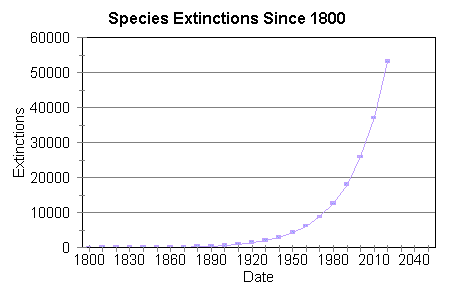
As one of the biggest carbon sinks, trees around the world are important. If that carbon ends up in the atmosphere we get global warming. And if you think about it, trees and plants take in carbon dioxide and release oxygen. Which we need to breathe. We take in oxygen and give out carbon dioxide. What happens when there are not enough plants to keep the oxygen levels in the atmosphere high enough for us as humans to exist? (Ok so this will take a long time and is maybe slightly dramatic, but the point remains.)


We’ve cleared almost 95% of the common trawler fish from around the UK oceans, and 84% of the fish in the China seas. Other oceans are not faring much better. With few large adult fish to breed, populations cannot maintain this level of culling. Fish will no longer be on the menu… bye bye cod and chips at the seaside…
As discussed already, Covid is unlikely to be a one off if we keep this up…

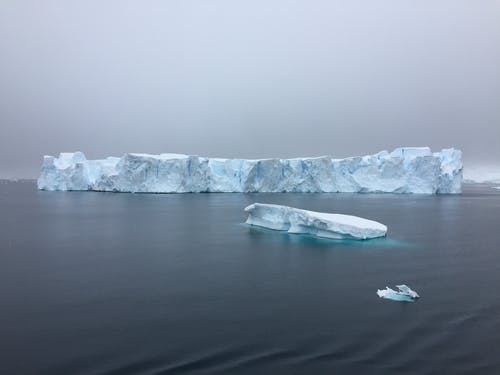
Yes this one’s an old story. But if they melt, the extra water in our seas will cause catastrophic change. It’ll cause a natural mass extinction in the oceans as the water salinity, temperatures and flows change, and the rise in sea levels will remove our access to much of our coastal land. That includes many of our major cities…
This one has been hotly debated, but I think it is generally accepted by most now that the temperature is rising. I for one have no memories of summer temperatures ever reaching 30 degrees as a child. Now it’s not a rare event, it’s an expected thing and lasts for a week or more.
Maybe my memories are wrong, but the meteorologists data is scientific. We’re tracking at around 2 degrees higher than before the industrial revolution (around 1880). The 10 warmest years on record have all occurred since 1998, and 9 of the 10 have occurred since 2005.
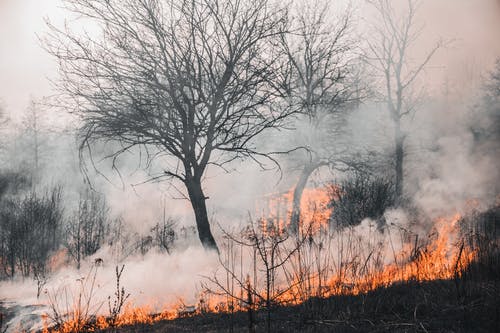
(There are many more effects, I just can’t go into them all here!)
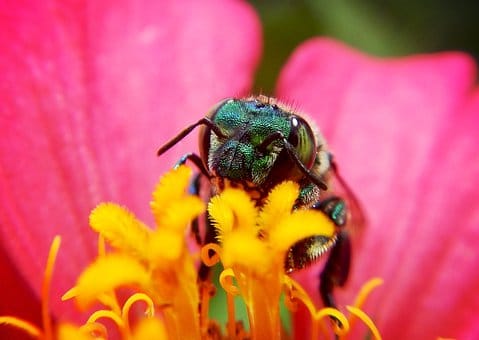
Ok, so most of us are not fans of insects (or microbes and other small life). I expect if I say insect, you immediately think of a fly or a spider (which is not actually an insect by the way). If I say microbe you probably think of a disease causing bacteria or ‘germ’.
An estimated 10% of insects are at risk of extinction. Think back to 20 years ago, when if you drove anywhere at night your car windscreen got covered in bugs. I remember driving through France on family holidays and the front of the car was black with them! That simply doesn’t happen any more. So there are clearly less insects around.
Unfortunately, many of us don’t realise the essential roles that insects play in our world. Which is not surprising really as it’s not something widely told. Think of this though:
– 75% of the world’s food crops need to be pollinated by insects.
– Insects help break down the waste of the world. Without them the organic matter from leaf drop, or the stalks from crops, cannot be broken down to make plant food and keep our soils fertile.
– Microbes are even more vital to this process of breaking down matter and maintaining healthy soils.
Who loves mud? Probably only our kids right? But soil is such an important part of our world. It’s the basis of almost all life as the nutrients in it are needed to grow any plant and to start off food chains and agriculture.
30% of our soils globally are estimated to have been degraded and show low levels of microbe biodiversity. These soils cannot support crops giving decent yields or natural life. In the Western world, we can hide this for a while by pumping in chemical fertilisers, but that won’t work forever. In the poorer nations, they do not have this option.

This means one of two things, we need to eat massively more fruits and vegetables to get the vitamins and minerals our bodies need to function properly, or we don’t get the vitamins and minerals we need and our bodies start to function poorly, resulting in more disease, fatigue, poor weight balance etc. We’ve definitely gone with option 2 at the moment judging by the increasing rates of non infectious disease…
Ok, this is getting depressing, and I’m sorry if I’m putting you in a sad mood for the rest of the day. It’s so tempting to just ignore this as it really is a miserable situation. Many times I have turned away as I didn’t want to think about it. But we can’t any more. We have to understand this and move on to the good stuff – doing something about it (trust me – it feels good). Keep reading, it does get more hopeful I promise!
- Our population as a species has tripled during the lifetime of some people living today! Our growth and spread is phenomenal and out of control, and as our demand for resources grows, we are not thinking about the long term sustainability of how we get it, just on getting it now.
- Our consumption has massively increased since the mid 19th century. The average person in the UK consumes nearly 4x as much as someone in India, and the US average person consumes 7x as much. I find it mind boggling that Americans can even find that many things to buy – in the UK it seems like we have everything that we could ever need so what else extra is being consumed over in the States?!

- Pollution from our ever growing industries (to fuel our consumption) reduces the quality of ecosystems and can build in larger species and make them sick or render them infertile.
- Whilst we have introduced a lot of laws in the UK to reduce the impact of our industries, the reality is, most of what we buy comes from abroad, where there are few regulations. We are helping to destroy other countries whilst protecting our own…
- Saying we’re taking action and then not. Governments came together in Rio in 1992, declared that biodiversity was really important and all agreed to preserve it. In the Paris agreement (2016) governments agreed to work to limit climate change to no more than 2 degrees. Research shows we’ll be at 3 or even 4 degrees by 2050.
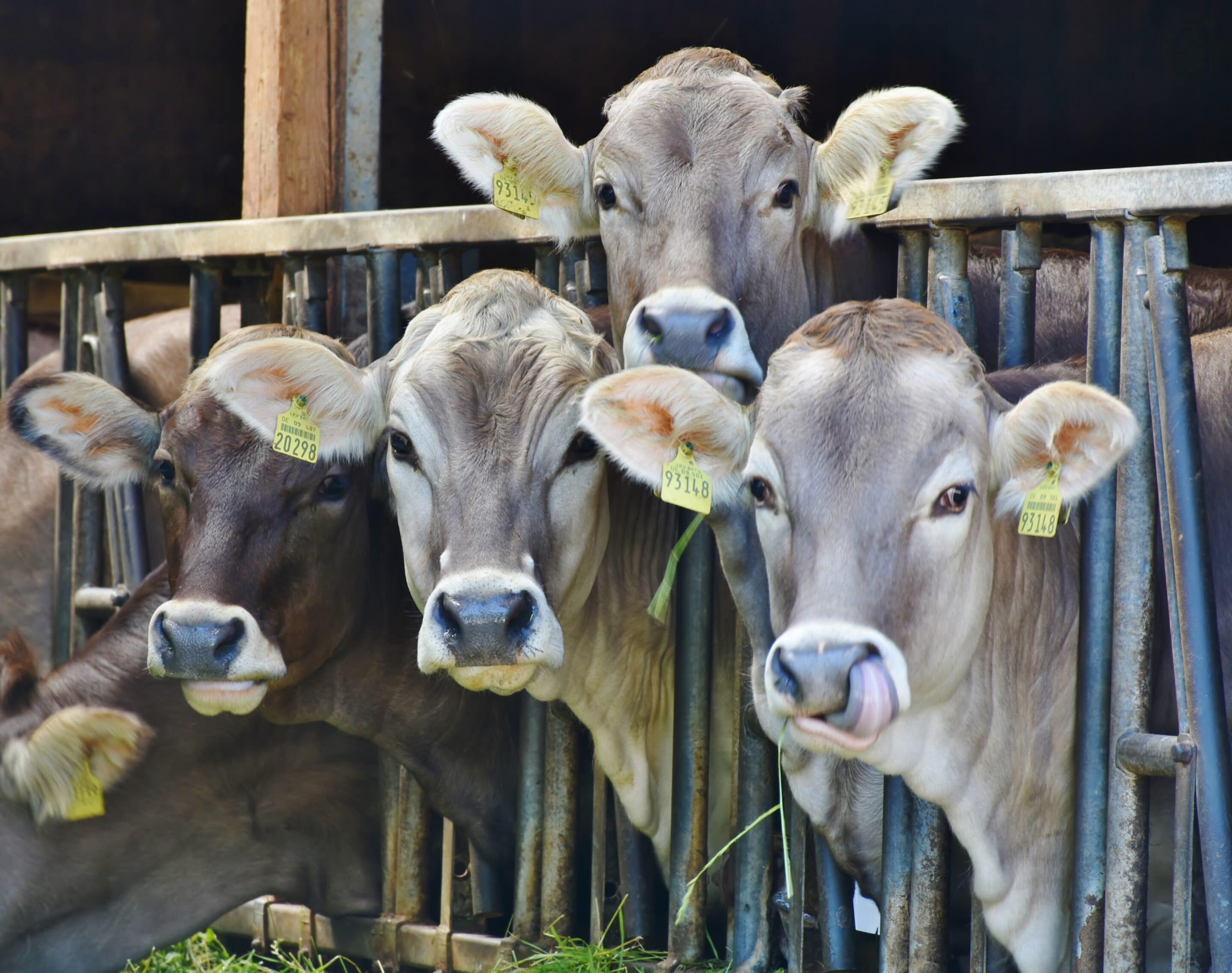
- Many of the massive global corporations have too much power over governments and organisations. They stand to lose money if consumption drops, or standards of manufacture are made more sustainable (and presumably more costly to them).
Are you reading this with a sinking heart still? My initial thoughts around all this are always ‘there’s no point, as most of this is out of my control’. But when I read it again with my optimistic, problem solving hat, there ARE areas I can impact. I may be one person out of millions, but I can do some small things to help out.
For the rest of the article come to www.eatthinkexplore.com/extinction-facts-review and learn what we can do to prevent this!
I help working mothers with health conditions overcome barriers to improving the way they eat so they can stop wasting their time and energy on draining health conditions and instead focus on the…
Would you like to promote an article ?
Post articles and opinions on Birmingham Professionals
to attract new clients and referrals. Feature in newsletters.
Join for free today and upload your articles for new contacts to read and enquire further.



